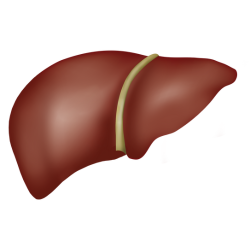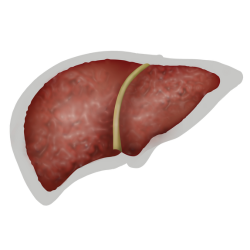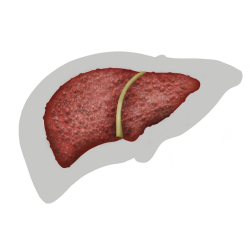Hepatitis B - What you need to know
Hepatitis B – What you need to know
Hepatitis B (or hep B) is a virus that causes inflammation and damage to your liver. If left unmonitored, hepatitis B can cause long-term liver disease, cirrhosis (scarring of the liver) and liver cancer.
A hepatitis B vaccination is available for all age groups and in most cases provides lifelong immunity.

How do you get hepatitis B?
Hepatitis B is passed on from one person to another, through blood or sexual fluids (semen and vaginal fluids).
The following activities can transmit hepatitis B, in people who have not been vaccinated:
- During birth, if the mother has hepatitis B (vertical transmission)
- Unprotected sex (oral, vaginal or anal)
- Sharing injecting drug equipment (including needles, syringes, water, filters, or spoons)
- Backyard/prison tattoos or piercings
- Overseas dental or medical procedures
- Needlestick injuries
What are the symptoms?
Even if you feel well, it is important to get tested if you think you have come into contact with hepatitis B.
Many people don’t feel sick. Those who do may experience:
- Tiredness
- General aches & pains
- Loss of appetite
- Jaundice – Yellowing of the skin and eyes
- Nausea
- Brain fog or confusion
Stages of the disease
Hepatitis B has ongoing stages that refer to the amount of damage to the liver.
If your liver has been badly damaged, scar tissue (also called fibrosis) builds up and stops the liver from working properly.

Healthy Liver
No damage

Fibrosis
Scarring of the liver tissue

Cirrhosis
Very scarred, can lead to liver cancer or liver failure
How do I know if I have hepatitis B?
You will need to have a blood test to check if you have the hepatitis B virus. Your doctor (GP) or health clinic can give you a referral for a hepatitis B (HBV) blood test.

How do I protect myself from hepatitis B?
Getting vaccinated is your best protection against hepatitis B. You should also:
- Practice safe sex
- Avoid blood-to-blood contact – don’t share injecting equipment or personal items that may have traces of blood on them like tweezers, razors or toothbrushes
- Always get your tattoos and piercings done by a professional
- Avoid overseas medical or dental procedures where equipment may not be sterilised
What is chronic hepatitis B?
If you come into contact with hepatitis B, your body will work to try and clear the virus. If your body does not naturally clear the virus, it becomes chronic hepatitis B. Chronic hepatitis B means lifelong hepatitis B that cannot be cured and requires regular check-ups.
Generally, the risk of developing chronic hepatitis B reduces with age. Babies and young children have a much higher chance of developing chronic hepatitis B.
Who should be tested?
Populations most at risk of hepatitis B include:
- People born in a country/region where hepatitis B is common (China; Southeast, Central and South Asia; Pacific islands; countries in Africa, Central and Eastern Europe). Most people with chronic hepatitis B from these countries came into contact with hepatitis B at birth
- Aboriginal and Torres Strait Islander people
- Family members of people with hepatitis B
- People who have not been vaccinated for hepatitis B
Hepatitis B and pregnancy
Without action, there is a high risk of passing hepatitis B from mother to baby during childbirth. If you are pregnant and have hepatitis B, talk to your doctor about treatment and care.
Medications are available for mothers and babies to reduce the risk of passing the virus on. Mothers can be prescribed hepatitis B treatment in their last trimester. Babies will need a vaccination and the hepatitis B immunoglobulin (HBIG) within 12 hours after birth.
It is safe to breastfeed but if your nipples are cracked or bleeding you should stop temporarily.
Is there a cure for chronic hepatitis B?
While there is currently no cure for people living with chronic hepatitis B, it is possible to live a long, healthy life with regular care.
Regular six-monthly check-ups with your doctor, including blood tests and liver scans, are important for monitoring your liver health. These check-ups help your doctor decide if you need to take medication.
For some people, daily tablets may be needed to help control the virus and protect the liver.
More information
Contact Hepatitis Queensland on 1800 437 222 for more information and support on hepatitis B and liver health.
You can also talk to your doctor, local Aboriginal Medical Service, Sexual Health Clinic or Ethnic Communities Council of Queensland (ECCQ).
